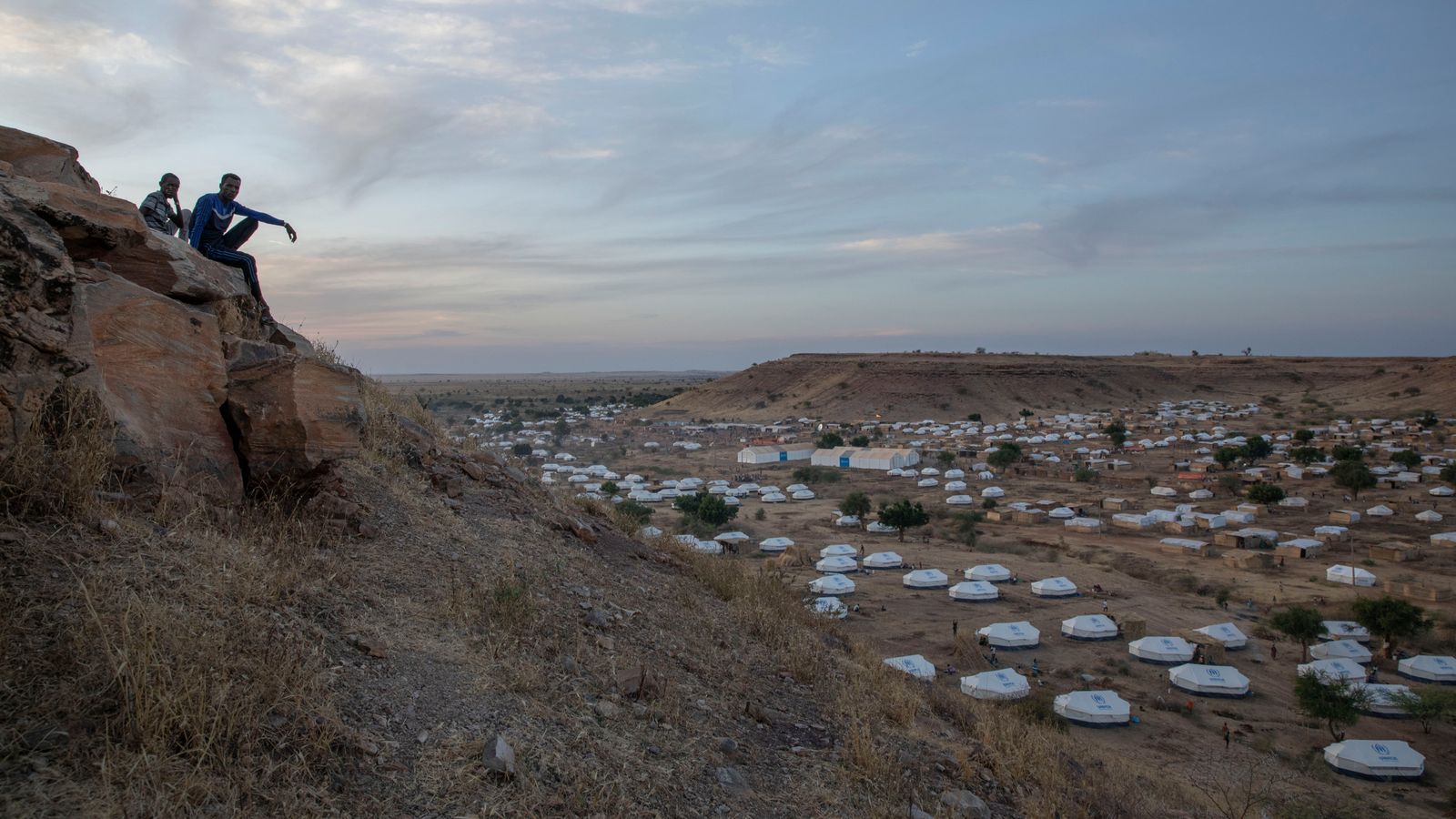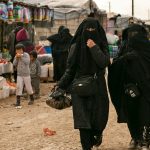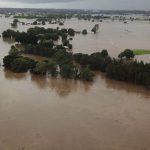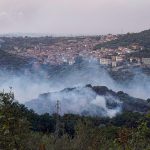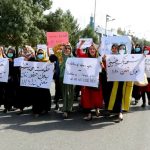A massacre in which Eritrean soldiers killed “many hundreds” of people in the Ethiopian city of Axum may amount to crimes against humanity, an Amnesty International report has said.
The report describes what could be the deadliest massacre in the ongoing crisis in Ethiopia’s Tigray region, with soldiers in late November gunning down civilians as they fled, and lining men up to shoot them in the back.
It said there were “hundreds, if not thousands” of men lined to be beaten, while soldiers also stopped those grieving from burying their dead.
“Eritrean soldiers deliberately shot civilians on the street and carried out systematic house-to-house searches, extrajudicially executing men and boys,” the report said.
“The massacre was carried out in retaliation for an earlier attack by a small number of local militiamen, joined by local residents armed with sticks and stones.”
Eritrea has long been an enemy of the Tigray region’s now-fugitive leaders, however its government says reports on the massacre are “outrageous lies”.
The federal government in Ethiopia has also previously denied the presence of soldiers from Eritrea, but on Thursday said the Ethiopian Human Rights Commission was investigating “allegations relating to incidents in the city of Axum” with unnamed human rights experts.
Daniel Bekele, the commission head, later said the Amnesty report “should be taken very seriously” as his team’s own findings “indicate the killing of an as yet unknown number of civilians by Eritrean soldiers” in Axum.
Even senior members in the Ethiopia-appointed interim government in Tigray have acknowledged the presence of Eritrean soldiers in the region, along with widespread allegations of looting and killing.
Please use Chrome browser for a more accessible video player
In November, Sky News visited the Ethiopia-Sudan border, where tens of thousands of people were attempting to flee conflict in Tigray.
Some described leaving behind all their clothes and money in a bid to escape.
Thousands of civilians have been killed since the violence started last year – but no one knows quite how many as the region has been largely cut off.
Humanitarian groups believe people might be starving to death due to access being largely restricted.
Amnesty has now called for a United Nations-led international investigation and full access to Tigray for human rights groups, journalists and humanitarian workers.
It says the “mass execution” in Axum may also amount to crimes against humanity.
According to witnesses quoted by Amnesty, both Ethiopian and Eritrean soldiers took over Axum, but it was the Eritreans who carried out the massacre.
They described how bodies were left in the streets for days after and how many of the injured died from a lack of care.
“Gathering the bodies and carrying out the funerals took days,” Amnesty said. “Most of the dead appear to have been buried on 30 November, but witnesses said that people found many additional bodies in the days that followed.”
